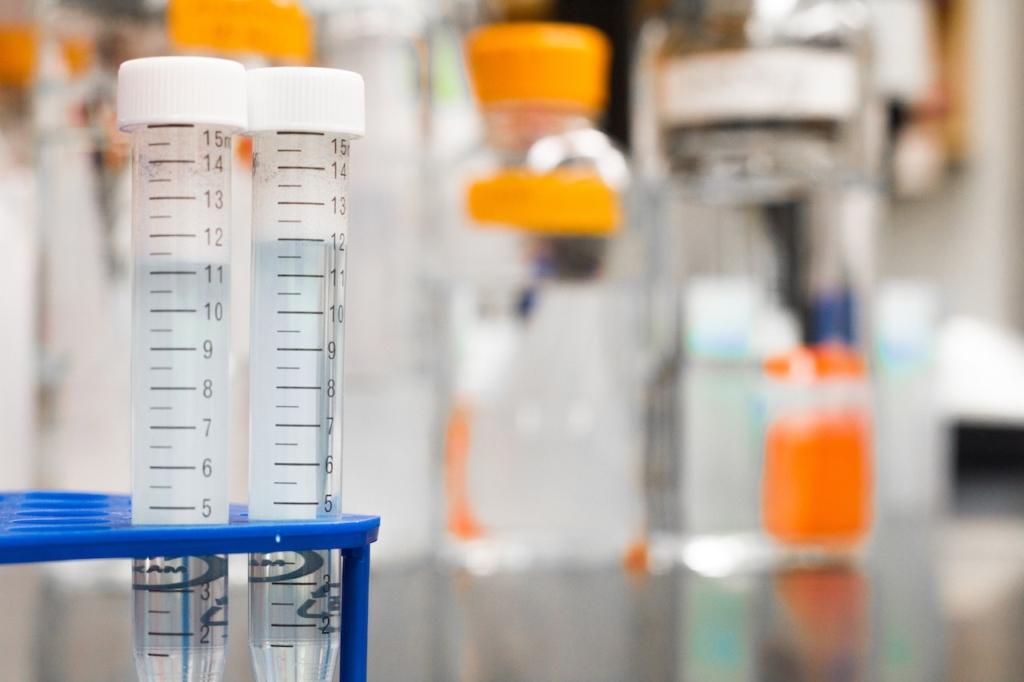DOT’s commitment to the safety and protection of the general public, and employees/workers, alcohol and drug screenings are ideal for the safety-sensitive workforce. DOT commercial vehicle operators who offer transportation services on the roads, the rails, in the water, and the air seek DOT drug testing services for their employees/workers. The present alcohol and drug testing practice mandates all DOT agencies to conduct strict drug screening for safety-sensitive workers/employees in the transportation industry. There are specific rules in compliance with ODAPC (Office of Drug and Alcohol Policy and Compliance) to conduct screening and reporting.
Who is Subject to Undertake the DOT Drug Screenings?
DOT’s goal is to employ commercial vehicle operators who are 100% alcohol and drug-free. Apart from DOT commercial vehicle operations, any job under safety-sensitive criteria is subject to drug and alcohol screening. The US Department of Transportation considers job roles and responsibilities when determining safety-sensitive criteria.
A few safety-sensitive job roles are:
· Airplane pilots
· Airplane mechanics
· Pipeline workers and mechanics
· Driving a truck
· Driving a bus
· Operating a ferry, and train
Furthermore, employees like security guards, flight attendants, and several others are subject to routine DOT drug testing. Any job role that influences the safety of passengers, transportation workers, and freights falls within the DOT drug testing regulations.

What Substances Does DOT Screen?
DOT screening is for both illicit substances and alcohol. The drugs and illicit substances that DOT testing screens are:
· Opiates, including morphine, codeine, and heroin
· Cocaine
· THC or marijuana
· Amphetamines
· PCP or Phencyclidine
Several studies by the DOT reveal that amphetamines and marijuana are commonly found in commercial vehicle drivers under DOT drug testing services. Though the overall positive results are low for commercial drivers because of stringent penalties and actions, DOT expects a 100% drug and alcohol-free environment for absolute safety across the nation.
When to Conduct DOT Drug Tests?
There are multiple situations when DOT employees/workers are subject to alcohol drug testing.
Pre-Employment Testing
Every recruit for safety-sensitive roles should complete pre-employment DOT drug testing. Before a new employee/worker begins his duty, his documentation should include a negative drug test report. The same applies when one is transferring to a new department in the organization.
Reasonable Cause Screening
If a manager suspects an employee/worker is under the influence of alcohol and drugs, he requests a drug screening. After continuous evaluation of an employee’s behavior, quality of work, absenteeism, judgment, and cognitive functions, the supervisor or manager conducts the test.
Random Drug Screening
Random alcohol and drug screening takes place anytime. Employers can’t force an employee to do a random drug and alcohol screening. Organizations should adhere to drug testing regulations and policies to ensure random screening of employees.
Post-Accident Testing and Post-Rehabilitation Drug Testing
When an employee/worker wants to rejoin work after an accident or post-rehabilitation, he undertakes return-to-duty testing. To rejoin a safety-sensitive job, employers conduct step-by-step DOT drug testing services so that the process is fair for everyone.
Prohibiting Behaviors under DOT Regulations
The purpose of DOT alcohol and drug testing is to ensure employees in the industry don’t perform their duties under the influence of alcohol and drugs, which is why drug and alcohol awareness training for employees is so important. Safety-sensitive workers or employees can’t remain on duty in the following situations.
Under Intoxication
Individuals with alcohol concentration in their blood can’t operate commercial motor vehicles. Most safety-sensitive employees can’t consume alcohol for a minimum of four hours before reporting to their workplace. For flight crew members and attendants, it extends to eight hours.
Drug and Illicit Substance Use
Employees can’t report their duty if they intake any illicit drugs. It is allowed when a drug is prescribed by a medical officer.
Refusal to Screen or Test
When employees refuse to take a drug test or submit their test reports are dismissed from their responsibilities. Interfering with drug and alcohol testing procedures are red flags.
Conclusion
DOT drug testing services are Federal requirements that assure the safety of employees and the general public. Understanding the screening requirements, and step-by-step procedures help employers and commercial drivers and operators to adhere to DOT drug policies and maintain safety. DOT drug and alcohol testing is mandatory in the transportation industry for commercial motor vehicle operators. Routine drug and alcohol screening helps assess the physical fitness of employees/workers and guarantees safety and protection.
